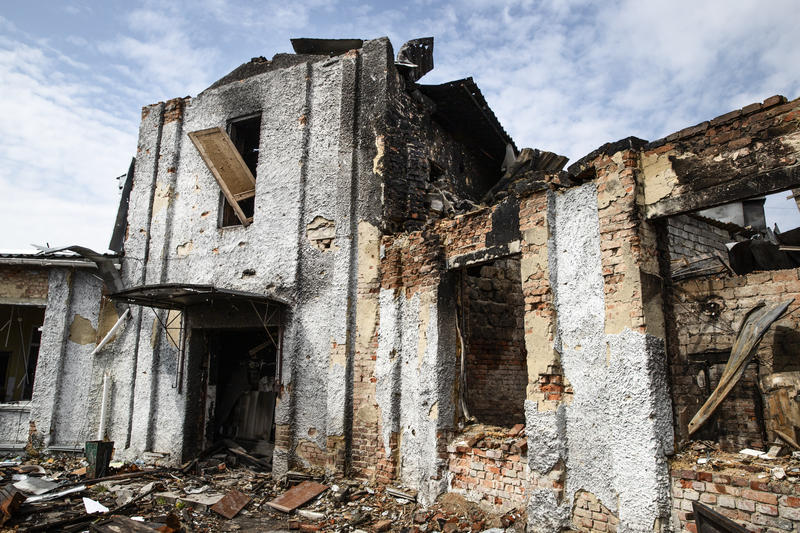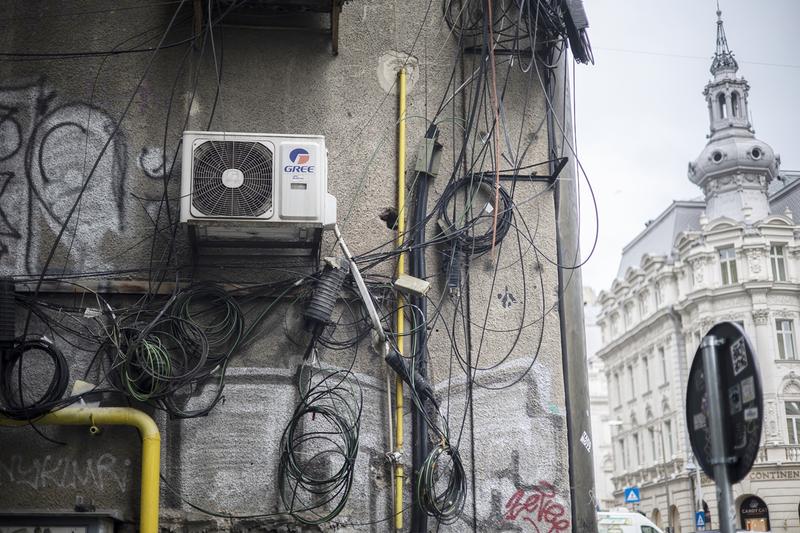The adoption of the Lustration law is out-dated, anti-democratic and anti-constitutional, Romanian ex-President believes. Elsewhere in the news, the financial crisis leaves mothers at the mercy of state authorities. Last but not least, Romanian Central Bank governor councillor says people in charge have known for several years now that salaries and pensions must be cut.
The adoption of the Lustration law is out-dated, anti-democratic and anti-constitutional, Romanian ex-President posted on blog, quoted by Romania Libera. He says the law is based on political decisions, subjective, opportunistic, serving the current power. He argues that the principle of collective blame breaches fundamental rights, since it excludes individual blames that could be subjected to a trial, Iliescu writes, quoted by Romanian news agency Mediafax.
He compares the Lustration law with the "successive dictatorships" from Romania, starting with the "royal dictatorship of Carol the Second" in 1940, when he could not attend the high school entrance exam because his father was a political detainee. Then he talks about the post-war period, with lustrations of the ex-land owners and capitalists, members of the bourgeoisie and their children.
Ion Iliescu claims that Provisional Council for State Union (CPUN) proved maturity in 1990, when, faced with a Lustration law proposal, rejected the proposal on the grounds of its non-democratic character. He claims a paragraph in article 11 addressed individual blames. According to him, the text read that people who committed abuses while holding political, judicial and administrative roles, who breeched the citizens' dignity and rights, the human rights could not hold public jobs.
Iliescu sees the adoption of the current Lustration law as written in a "retrograde spirit". The Chamber of deputies adopted the Lustration law on Wednesday, May 19, with 203 votes in favour, 40 against and 12 abstentions. Some social-democrats voted in favour of the law, despite the party's position. PSD deputy Bogdan Niculescu-Duvăz announced that his party was raising signatures to contest the law in the Constitutional Court. He indicated that the European Commission's Resolution 1096/1996 stipulates that lustration laws can only apply individually.
The financial crisis leaves mothers at the mercy of state authorities, Evenimentul Zilei informs. Their child care benefits in the post-natal period are to be reduced. In Romania, mothers can stay at home and take care of their babies for two years since the day they give birth. The law saw that they kept their position during this time, or restored to a similar position with a similar wage once returned at work.
But some companies have gone bankrupt while they were/are away, due to the economic crisis. No job for them to go back to, one mother remarks as she points out that Romanian authorities advised mothers dissatisfied with the decision to go back to work. Nevertheless, the law allows mothers to apply for an unemployment benefit, but it may not be worth it, bearing in mind it’s low.
The minimum child care support for mothers is 600 lei in Romania. Work Law specialists say mothers should have know they are entitled to 75% of the minimum salary, plus between 3 to 7% of the sum they have contributed to the budget before the child was born.
Romanian Central Bank (BNR) governor councillor Adrian Vasilescu says people in charge have known for several years now that salaries and pensions had to be cut, Gandul reads. And this after Romanian officials presented their solution of cutting salaries by 25% and pensions by 15% as an extreme choice to avoid the raise in taxes, which would burry the business environment. He says they were bound to happen anyway.
Plus, he stressed these were not measures to fight the recession, but attempts to rehabilitate a state budget hardly standing, because those in powers have subjected it to great efforts, in particular by estimating very high incomes to justify similar spending. But Romania has never had really good state budget revenues.
Now is the time for Romania to pay for its past budget mistakes,Vasilescu believes. He said that adjustments and cuts were always needed, but often they were not applied, especially during electoral years. He says officials need to have a string dialogue with the population, so that it can enforce unpopular measures.
Vasilescu labels the public debate in Romania as very confused, often including ideas that do not stand in the face of reality. Instead of getting out of the recession with an economy based on consumption, Adrian Vasilescu would rather have Romania in recession for a bit longer, "until we manage to learn the lesson, he says.
He says there is not chance the BNR governor could accept the PM role. BNR needs him, Vasilescu states, and the PM needs to be a political person, with a great support of the party he represents. He says Romania is split in three: the Romania of Bucharest and several other important centres in the country; a Romania of the small cities, where nothing ever happens; and the rural Romania, where life is very tough. He wants to see the three united and producing money.



















